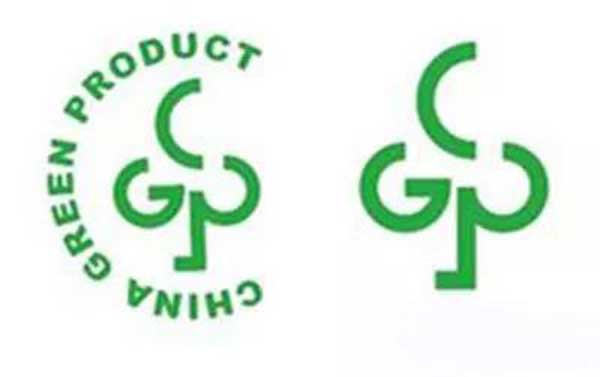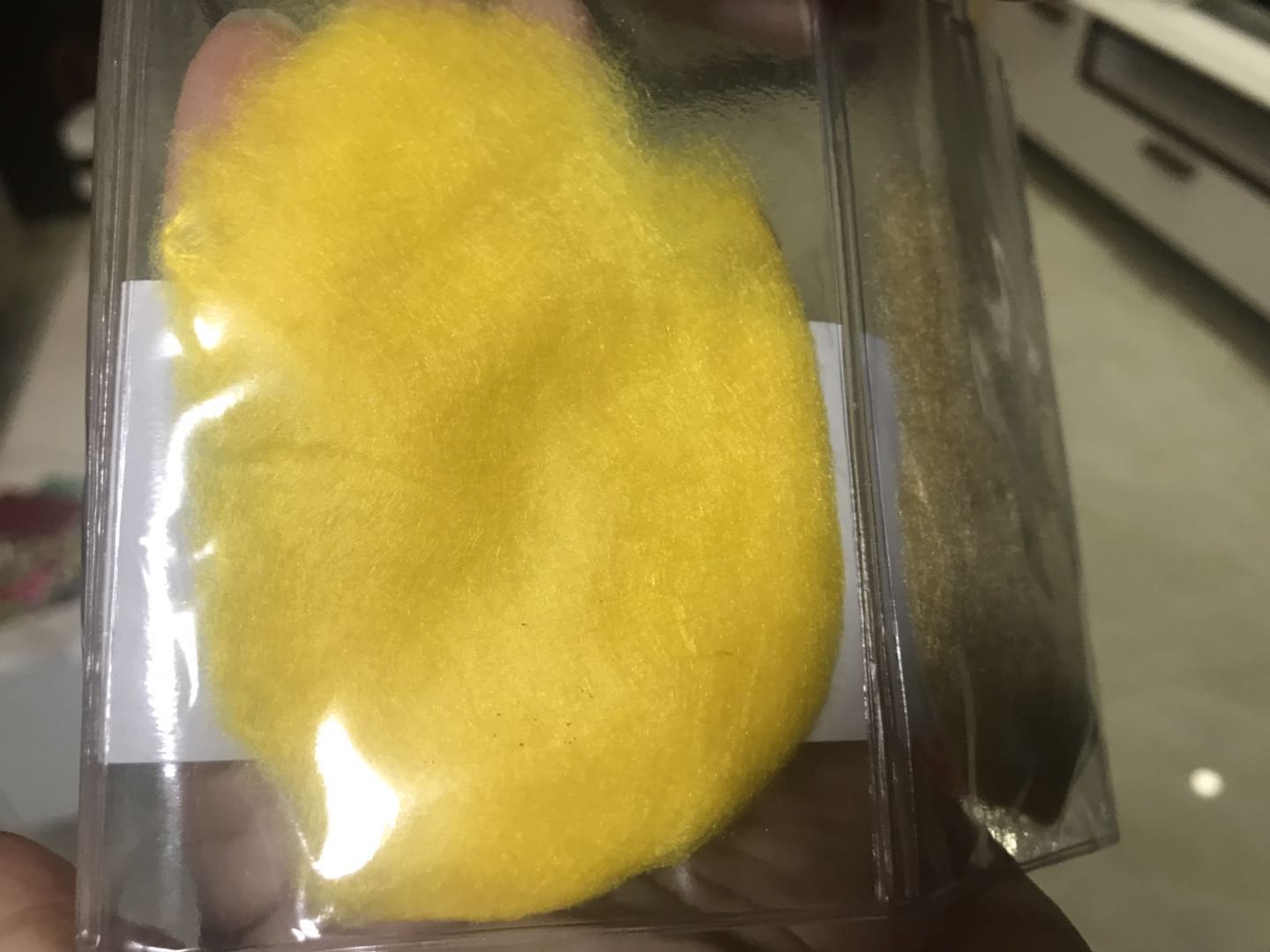Recently updated on February 19th, 2022 at 01:36 am
Fashion industry is a big player when it comes to global warming with the significant amount of energy it consumes and gas emits each year. Many fashion brands have come to realize that and started to take a more ethical approach. One of the simple ways to tackle the problem from the beginning is to source sustainable fabrics for clothing manufacturers.
Choosing the right, eco-friendly fabric for your design can be tricky as most commonly used materials come with sustainability issues. If you’re sourcing ethical fabric from China for your next fashion collection production, here’re some sustainable alternatives to consider than using the conventional material.
Cotton
Most of convention cotton widely used in organic cotton clothing production relies heavily on flood irrigation, and often times chemicals, pesticides and fertilizers are used. Cotton farmers are also deplored due to unfair trade practice.
Sustainable alternatives for cotton
* Organic cotton
* Cotton in original colors
* Fair trade cotton
Polyester
Polyester plays a big part in fashion production as it’s used in 65% of global clothing manufacturing. The greatest downfall about polyester and other synthetic materials is they’re extracted from petrochemicals, worse, they produce detrimental microfibers.
Sustainable alternatives for polyester:
* Fibers produced from recycled plastic
* Bio-based yarns made from methane and castor oil
Wool
There’re lots of concerns about commonly used wool fabric regarding the land use, water consumption, animal welfare, etc.
Sustainable options for wool:
* Wool that is made in an energy saving way, in ethical farms that take care of the sheep
* Vegan wool
Leather
The same with wool, there has been increasing concerns about welfare of cows, and workers working in hazardous conditions of a tannery, environment problems, etc.
Sustainable options for leather:
* Leather from ethical tannery
* Leather that is grown in a lab
* Vegetable tanning
Silk
Billions of silk worms have been killed each year for silk production that requires a significant amount of energy from fiber extraction to weaving.
Sustainable alternatives for silk:
* Peace silk
* Organic production
Viscose
70 millions of trees have been logged each year for viscose production, and it contributes the most to greenhouse emissions than any other fabrics.
Sustainable options for viscose:
* Ethical lyocell produced from eucalyptus
* Yarns from recycled materials
Stretch
There’re two major downfalls of stretch materials, one’s global warming caused by the use of fossil fuels and the other is it’s hard to degrade or recycle since it’s usually blended with other fibers.
Sustainable options for stretch:
* Yarns produced from organic fibers and recycled polyester
* Fabric made from recycled plastic


Hi,
Quite interesting, let us know how can we reach and collect a range of sustainable fabrics to offer it to our end users.
Thanks & Regards,
Swapnil Singh
swapnil@basantindia.com
Dear sir/mam
we are looking for fair trade certified denim and twill fabrics for our buyer.
If you have any factories regarding this fabrics kindly let us help to know,
Thanks/saif
Hi Sir/Madam,
view your information to know you have sustainable fabric with many items. Do you have cutting swatches for selection? How about the price and MOQ? Can do small qty? We are looking for fabric suitable for collection (jacke/dress/pant). Hope to get news from you. thanks.
Hi Sir/Madam,
view your information to know you have sustainable fabric with many items. Do you have cutting swatches for selection? How about the price and MOQ? Can do small qty? We are looking for fabric suitable for collection (jacke/dress/pant). Hope to get news from you. thanks.